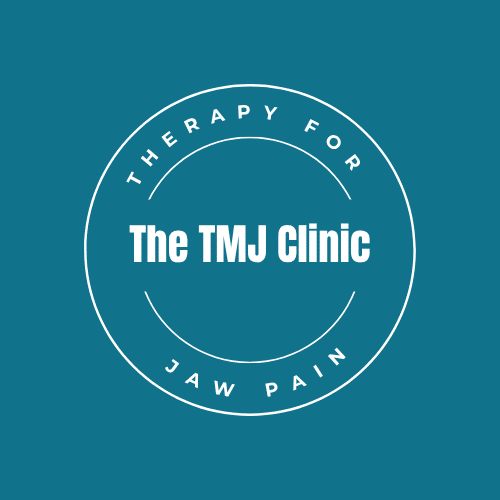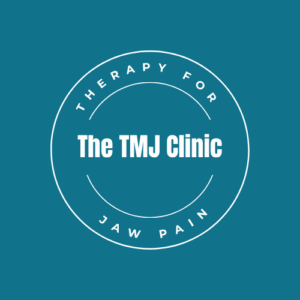

Stress & How it Affects The Body
Stress is something everyone has experienced at some point in their life, some more than others. Unfortunately, it has become so prevalent in our society, most people view it has a normal part of their everyday life. There are a variety of reasons that can contribute to feelings of stress such as family life, finances, work, you name it. According to a 2012 study by Statistics Canada (Stats Can), about 27% of working adults described their lives on most days to be “quite a bit” or “extremely” stressful. This translates into almost 3.7 million working adults go through a regular day feeling a high level of stress. In 2012, Stats Can reported 1 in 3 Canadians feel they are constantly under stress trying to accomplish more than they can handle. Another 2% of Canadian workers reported they felt they were on the verge of a breakdown as a result of stress. Long-term exposure to stress can lead to several health problems.
How Does the Body Respond to Stress?
Stress produces a physical response in the body. When your body senses a perceived threat (physical, or emotional), its defenses kick in as a means to protect itself. This is known as the “fight, or flight” response. The physical changes that occur as a result of this response are produced by the hormones cortisol and epinephrine, which are released by the nervous system. These hormones prepare the body for action by increasing the body’s heart rate and blood pressure, quicken breathing, and tighten muscles. These changes provide increased strength, reaction time and enhance your focus to prepare the body to either fight or flight (and is meant to be a short-term response). This physical reaction caused by stress is important as it can help you survive emergency situations like fighting off an attacker. Unfortunately the body cannot distinguish between the stress caused by a real physical threat, or the stresses experienced in everyday life. Therefore, when you feel stressed over a pile of bills, or a fight with a loved one, your body reacts the same way. In our society, many of us are in a constant state of stress. This long-term exposure becomes detrimental and creates a variety of health problems such as rheumatoid arthritis, allergies, asthma, cancer, increased blood pressure, heart attack, GI disorders and more.
Symptoms of Stress
- Muscle tension that can lead to headaches and back pain
- Sore jaw as a result of grinding teeth
- GI problems i.e. constipation, diarrhea, nausea
- Insomnia
- Decreases immune system, which increases chances of becoming ill
- Feelings of anxiety, depression, and irritability
- Skin problems i.e. acne, eczema, cold sores
- Poor concentration
- Forgetfulness
- Racing thoughts
- Poor productivity
Facts About Stress
- 8 out of 10 women regularly experience physical symptoms of stress
- More than 7 out of 10 men regularly experience psychological symptoms of stress
- Stress related absenteeism costs employers in Canada $3.5 billion each year
- Work Place stress contributes to the following statistics: 19% of absenteeism, 40% of turnover, 60% of workplace accidents, and 30% of short and long-term disability
- 48% of people report lying awake at night due to stress
- 1 in 3 people feel like they are living with extreme stress
- According to the Canadian Mental Health Association, in 2009, Canadians who reported feeling stress increased by 30% compared to the previous year
- 70-90% of Dr. visits are directly linked to stress
Ways to Reduce Stress
There are several ways to reduce and manage stress from exercise, breathing/meditation exercises, hobbies, yoga, proper sleep, avoiding alcohol and caffeine, and of course massage therapy.
How Massage Can Help
Massage therapy can greatly reduce stress and the effects it has on the body. Studies carried out by the Touch Institute at the University of Miami found that massage was found to reduce levels of cortisol (stress hormone) in the body. It was also shown to decrease individuals perceived stress and anxiety levels. Further, massage therapy can ease the physical symptoms associated with stress such as muscle tension, jaw soreness (from grinding teeth), reduce/eliminate headaches, improve sleep patterns, and increase the immune system by stimulating white blood cells. It’s also time to yourself where you can turn your brain off and unwind. Not to mention, it just feels good. If you would like to book a massage to help reduce your stress visit http://www.jeriroberts.com
Resources
Statistics Canada
American Psychological Association
Clinical Massage Therapy



